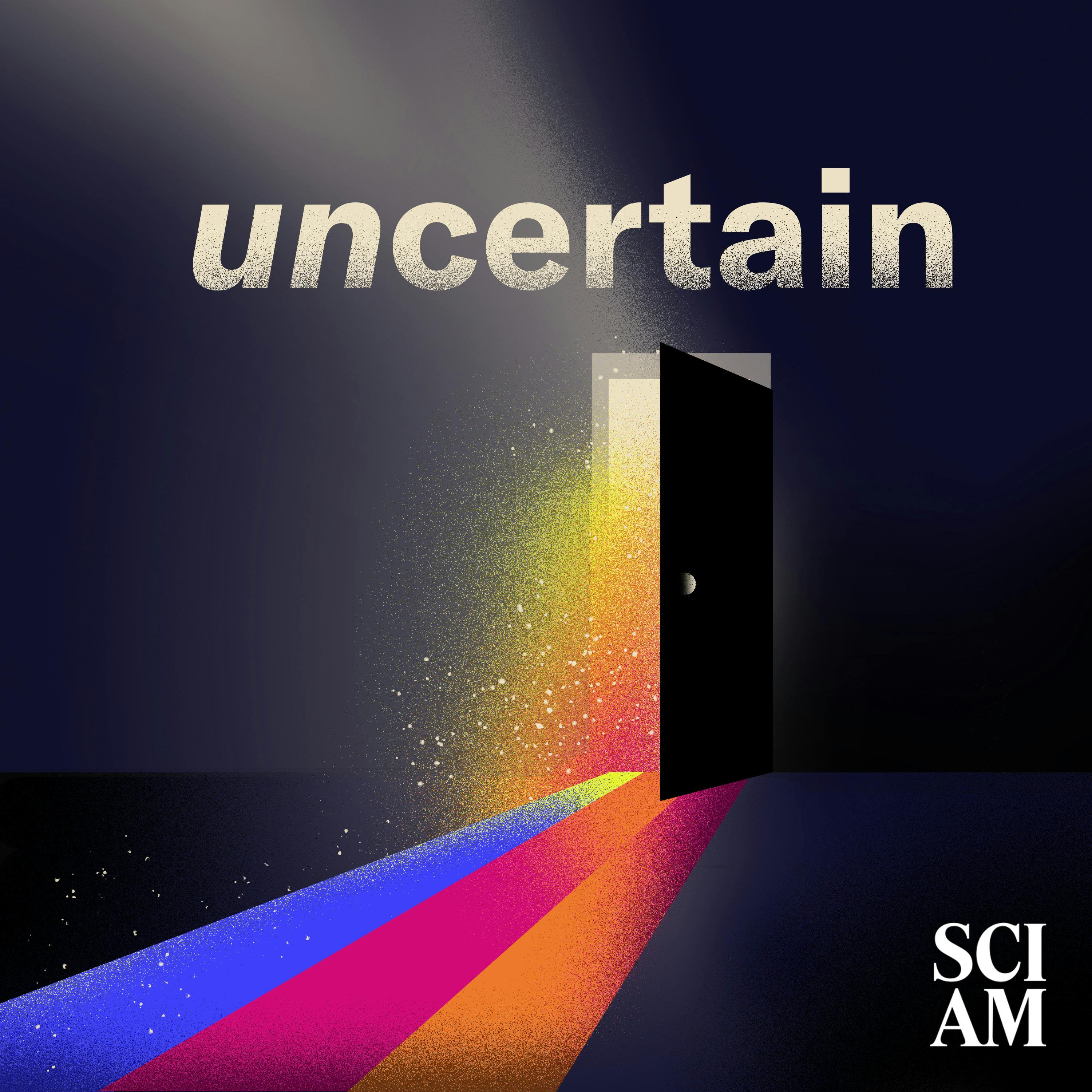

Science Talk
Scientific American
Science Talk is a podcast of longer-form audio experiments from Scientific American--from immersive sonic journeys into nature to deep dives into research with leading experts.
Episodes
Mentioned books

May 1, 2024 • 33min
Episode 5: How Do We Know Anything?
Exploring uncertainty in science and decision-making, the podcast discusses the necessity of understanding uncertainty in knowledge and navigating uncertainties in scientific research. It sheds light on decision-making between 'satisficers' and 'optimizers' and emphasizes the importance of embracing uncertainty to advance knowledge and address complex challenges.

Apr 24, 2024 • 35min
Episode 4: This Simple Strategy Might Be the Key to Advancing Science Faster
The podcast explores the concept of intellectual humility in science, emphasizing the importance of being open to updating ideas and acknowledging limitations. It discusses how embracing uncertainty and creativity are key to scientific progress, using examples like Heisenberg's Uncertainty Principle and wave-particle duality in quantum theory.

Apr 17, 2024 • 30min
Episode 3: When Uncertainty Hides in the Blindspot of Overconfidence
Exploring the impact of overconfidence and uncertainty in studies, debunking political misperceptions and conspiracy theories, discussing the backfire effect in beliefs, emphasizing scientific humility in understanding phenomena, and embracing uncertainty for scientific progress.

Apr 10, 2024 • 34min
Episode 2: Think Seeing is Believing? Think Again
Researchers discuss how our perception can be misleading, using the viral 'dress' image to show how lighting affects color perception. They explore how our brain makes assumptions and the impact of uncertainties in scientific research outcomes.

Apr 3, 2024 • 26min
Episode 1: Uncertainty is Science's Super Power. Make It Yours, Too
Explore how uncertainty drives creativity and scientific breakthroughs in a new podcast series. Discover the importance of embracing uncertainty for deeper understanding. Learn about the intersection of uncertainty in poetry and science, and how scientists navigate unanswered questions for new discoveries.

Mar 27, 2024 • 4min
Coming Soon: 'Uncertain' - A New Short Series on the Thrill of Not Knowing
Does the word "uncertainty" make you nervous? Does it rule your life? Would you say it kinda describes the state of the world these days? Enter Uncertain, a new limited podcast series from Scientific American.In this series, host Christie Aschwanden will help to demystify uncertainty. She's going to take away its scariness–or, rather, a cast of scientific dreamers that she talked to, will. As you’ll see, uncertainty drives scientific discovery. Throughout scientific history, uncertainty has spurred our collective imagination and our need to know the things we don’t. To be clear, uncertainty makes science very difficult. So in this mini-series we’ll both learn how scientists push through those difficulties; and how they also avoid the bias, logical fallacies, and blindspots that can lurk behind uncertainty.She'll get them to share their own habits of mind and techniques for facing, and embracing, the unknown. And even if you’re not a scientist, UNCERTAIN provides a practical way to think through what we don’t know in our lives—to face that uncertainty, and, hopefully, live better, more informed lives because of it. Learn more about your ad choices. Visit megaphone.fm/adchoices

Aug 10, 2023 • 46min
Racism in Health: The Roots of the U.S. Black Maternal Mortality Crisis
Experts discuss the racism behind the Black maternal mortality crisis and the historical links between racism, gynecology, and reproductive health. They also delve into the exploitation of enslaved black women for medical experiments and examine the harmful belief of racial differences in pain perception. The podcast highlights structural racism, healthcare disparities, and the imperative to acknowledge and rectify medicine's racist history.

4 snips
Apr 26, 2022 • 6min
Love Computers? Love History? Listen to This Podcast
In the newest season of Lost Women of Science, we enter a world of secrecy, computers and nuclear weapons—and see how Klára Dán von Neumann was a part of all of it. Learn more about your ad choices. Visit megaphone.fm/adchoices

Dec 14, 2021 • 41min
Top 10 Emerging Tech of 2021
The World Economic Forum and Scientific American team up to highlight technological advances that could change the world—including self-fertilizing crops, on-demand drug manufacturing, breath-sensing diagnostics and 3-D-printed houses. Learn more about your ad choices. Visit megaphone.fm/adchoices

Nov 8, 2021 • 6min
Listen to This New Podcast: The Lost Women of Science
A new podcast is on a mission to retrieve unsung female scientists from oblivion. Learn more about your ad choices. Visit megaphone.fm/adchoices


